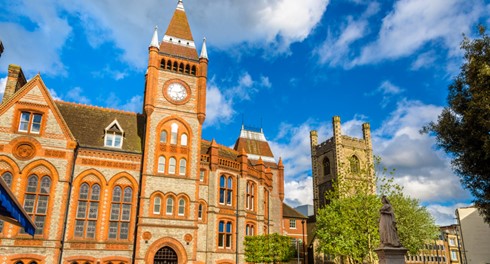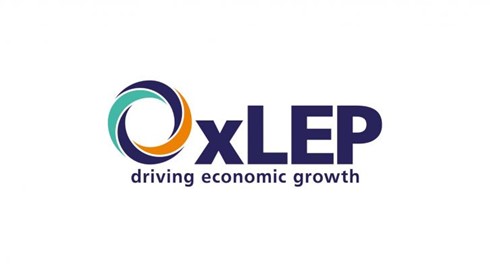Mark Duddridge is Chair of the Cornwall and Isles of Scilly LEP. Here he sets out why a multi year settlement for LEPs is so critical to long term rebuilding and regional recovery.

"Someone once said when you’re up to your neck in alligators, it’s easy to forget that the original plan was to drain the swamp.
There are a lot of businesses feeling that way right now. Covid-19 has impacted across our economy and many are fighting for survival day-to-day, never mind trying to plan for the long-term.
The challenge for policymakers has been to meet the immediate impacts of the pandemic while plotting a path to recovery. And the truth is recovery will be long and slow. Research shows that Cornwall’s GVA is unlikely to reach pre-covid levels before 2025.
We’ve seen over a third of our workforce furloughed since March - more than 84,000 people and the 13th highest rate in the UK. At 77%, we’ve had one of the highest take-ups for the self-employed income support scheme. Universal credit claimants have almost doubled, to around 49,000 so far. More than 10,000 local businesses have taken out emergency loans. And almost 22,300 have received £251m in emergency grants.
At the LEP we have led on monitoring the impact of Covid-19 on our economy and the effect of Government support measures. We’ve fed live intelligence back to Government and lobbied for changes to the furlough scheme and its extension to part-time workers.
We lead a ‘Business Cell’ that includes the Chamber of Commerce, FSB, local authorities, Civil Service, the Growth Hub and British Business Bank and others, to gather information and help businesses access support.
We’ve provided direct funding to Cornwall Chamber of Commerce, Visit Cornwall and the Cornwall Marine Network to enable them to continue supporting their members. And we’ve worked to redirect EU monies to help address the mounting skills and unemployment challenge of Covid-19.
But while we collectively wrestle these alligators we can’t lose sight of the long recovery ahead and what we need to make that happen.
A year ago the Prime Minister pledged to match ‘pound for pound’ the investment Cornwall would have received from the EU were it not for Brexit. And recently when asked the same question by BBC Spotlight the PM said: “We will continue to support Cornwall in all sorts of ways to the tune of the former EU funds and more.”
But the fact is despite the Government’s pledge to ‘level-up’ the British economy there is a still a void at the heart of regional funding policy.
There have been some attempts to plug the gap, notably the hastily-convened Getting Building Fund into which we successfully bid in August for £14m to support £59m of ‘shovel ready’ projects and 1,100 local jobs. Don’t get me wrong, we’re very grateful for that investment, and it showed how LEPs across the country can be fleet of foot in delivering growth and jobs.
But it’s a tiny amount when what we and all LEPs need is a multi-year financial settlement that empowers a business-led, local response to support our economic recovery and is equal to the task ahead.
The delivery model we have proposed to Government via its much-vaunted but so far invisible ‘Shared Prosperity Fund’ is a £700m deal for Cornwall and the Isles of Scilly over seven years as a fully devolved pot of funding for economic development. This includes existing funding pots and what we would have expected to get from the EU.
We have a Local Industrial Strategy that remains sound in its trajectory towards a low-carbon, prosperous and inclusive economy and is even more relevant given the Government’s commitment to ‘Build Back Greener’ by making the UK a world leader in clean energy."
The LEP is already championing floating offshore wind energy as a new industry for Cornwall and we welcome the Prime Minister’s recent support for floating wind. And we’re backing a planned geothermal lithium recovery plant at United Downs for electric vehicle and power storage batteries.
We’re investing significantly in the space and data economy as two strong emerging sectors and looking at how we can make bedrock industries like tourism and agriculture more environmentally and economically sustainable.
So we know we can make a real contribution to a national green recovery while unlocking local impact with new jobs and skills.
If Government is serious about levelling up and tackling the economic impact of coronavirus, then it needs to work with us as partners in that process and start sharing its thinking about the road ahead. We hope the promised Recovery and Devolution White Paper this autumn will give us that opportunity. Watch this space.
Mark Duddridge
Chair, Cornwall & Isles of Scilly LEP





 Back
Back
 View cookie policy
View cookie policy